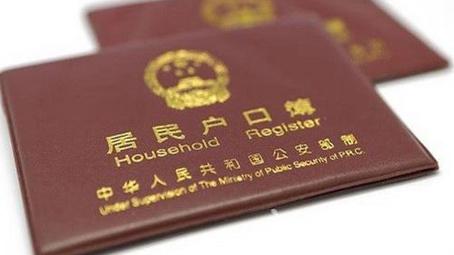China’s proposed reform of the household registration system, known as the "hukou," will ultimately require equal access for all residents nationwide to basic social welfare and public services, according to a study by Liu Jinwei, a deputy researcher at the National Health and Family Planning Commission.
In China, the hukou entitles registered permanent residents to a range of local resources such as education and healthcare. Obtaining a hukou has become increasingly difficult in big cities.
According to Liu’s research, published in the journal of the Chinese Academy of Governance, hukou registration remains the least open along China’s wealthy east coast regions.
Ranked in terms of the degree of difficulty in obtaining a hukou, the first-tier metropolises - Beijing, Shanghai, Shenzhen and Guangzhou - topped the national list.
The more economically developed a city is, argued Liu, the stricter it tends to be in handling hukou applications. Amid a large influx of migrants, large Chinese cities are raising the qualification standards for hukou application as they grapple with increasing challenges in offering public services and maintaining social order, Liu said.
Since 1994, when China adopted a tax-dividing scheme between central and regional government, the latter has been given the major responsibility for financing local public affairs.
Larger tax revenues in developed cities mean better education and healthcare provision, alongside various forms of social security. This is the main factor that attracts population inflow, Liu said.
Governments in such cities worry about the increased burden on social welfare expenditure and a possible deterioration in the current social welfare provision if hukou policy were to be relaxed, according to Liu.
The growing hostility among local residents against migrants for grabbing their resources also gives government additional pressures, said Liu.
Therefore, the scholar argued, the ultimate solution is to disconnect hukou from any priorities in enjoying social welfare. He said currently it could be achieved through promoting equal access among residents of different regions to basic public services.
This would require the central government to shoulder more responsibilities in providing social welfare and lower the financial authorities of local governments, he concluded.

 Old Version
Old Version